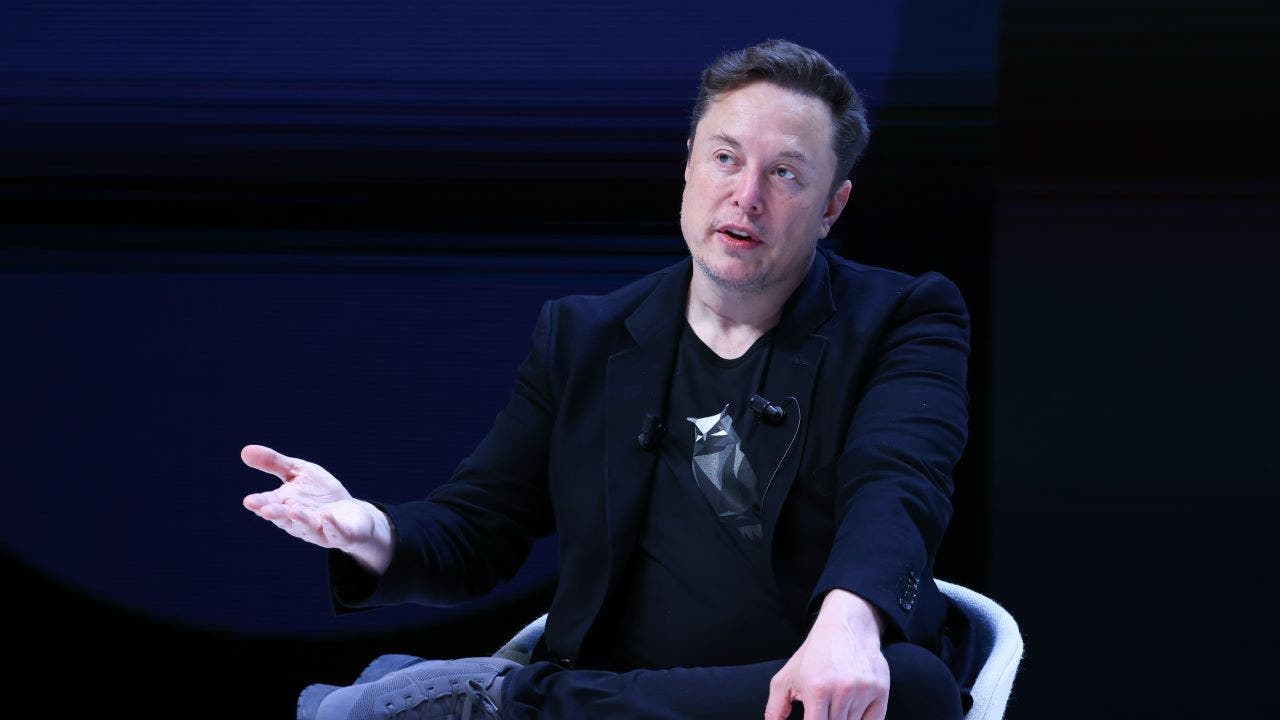I’ve spent 30 years researching what makes people, and especially leaders, mentally strong. Along the way, I’ve discovered that you become mentally stronger by exercising six core mental muscles:
- Confidence
- Fortitude
- Boldness
- Decision-making
- Goal-focus
- Messaging (which is about showing up positive-minded and engaged)
You can get in easy “reps” to build these muscles by being intentional about what you say to others — and to yourself.
If you say these six phrases to yourself or others on a regular basis, you’re mentally stronger than most:
1. ‘I’m enough’
It’s all too easy to feel the opposite. It’s natural to get caught up in comparisons to others that make you feel like you’re not enough.
We often believe our differences are an impediment to our success when, in truth, they can help propel us there.
DON’T MISS: The ultimate guide to becoming a master communicator and public speaker
The only comparison you can make that’s actually relevant is between who you are today and who you were yesterday. The only question that’s truly important is whether or not you’re growing.
Mentally strong people remind themselves of this to bolster their confidence muscle.
2. ‘What possibilities does this setback present?’
You exercise your fortitude muscle when you help yourself and others focus on the opportunities that arise in adversity, rather than the limitations. It’s a cornerstone of being mentally strong.
We tend to focus on what we’ve lost due to adversity — like time, money, progress, self-belief, our identity or even our job.
Mentally strong people focus on what they still have in the face of adversity, and what possibilities now present themselves.
3. ‘Am I letting myself dream big?’
The mentally strongest people have a habit of thinking big. They’ve given themselves permission to do so, and encourage others to do the same.
It’s not as easy as it sounds. Most of us are overloaded with our daily tasks, priorities and distractions. Who has time to dream big? And we often convince ourselves, “Big things happen to other people, not people like me.”
If you want to develop a strong, toned boldness muscle, you have to let yourself go there. You need to believe you’re allowed to dream big, that big things can happen to people like you — and that thinking big and being bold will help forge a better, more accomplished version of you.
4. ‘What’s the cost of indecision?’
Decisiveness is a hallmark of the mentally strong. They don’t get hung up over what happens if they make the wrong decision, or paralyzed by their fear of making the wrong call. They remind themselves and others to be cognizant of what happens the longer a decision is delayed.
A famous rock singer once lamented, “If you choose not to decide, you still have made a choice.”
It’s often a costly choice. Your indecision could mean that timelines and costs skyrocket, depleting resources as you chase parallel paths.
5. ‘Am I controlling the controllables?’
Mental strength is strongly correlated with achievement. In order to achieve your goals, you need your goal-focus muscle.
You’re thrown off your path to your goal when you pay undue attention to things you can’t control along the way. Doing a “Control Check” helps.
Create a simple, two-column table. Label the left column “Setbacks” and the right column “Systems.” Under “Setbacks,” list all the obstacles you’re worried about that could keep you from accomplishing your goal.
Then, circle only the potential setbacks you can control.
In the “Systems” column, list all the processes, procedures and structures you can put in place that will help you overcome the challenges you circled that you can do something about.
6. ‘I don’t have to do this; I get to do this’
This one-word reframe unlocks gratitude, making you feel re-energized when the duties of your job are wearing you down.
For example, on days when I have to travel for my job (the travel itself being something I no longer enjoy), I keep myself from thinking “I have to do this,” by instead saying to myself, “I get to do this.” As in: “I soon get to be on stage, giving a keynote address and sharing insights and inspiration that will help people.”
It’s how I exercise my messaging muscle, another key element of mental strength. I remind myself of all the good parts of being a speaker and writer, and carry that positivity, energy and joy with me throughout my day.
Scott Mautz is a popular speaker, trainer, and LinkedIn Learning instructor. He’s a former senior executive of Procter & Gamble, where he ran several of the company’s largest multi-billion-dollar businesses. He is the author of “The Mentally Strong Leader: Build the Habits to Productively Regulate Your Emotions, Thoughts, and Behaviors.” Follow him on LinkedIn.
Want to be a successful, confident communicator? Take CNBC’s new online course Become an Effective Communicator: Master Public Speaking. We’ll teach you how to speak clearly and confidently, calm your nerves, what to say and not say, and body language techniques to make a great first impression. Sign up today and use code EARLYBIRD for an introductory discount of 30% off through July 10, 2024.



